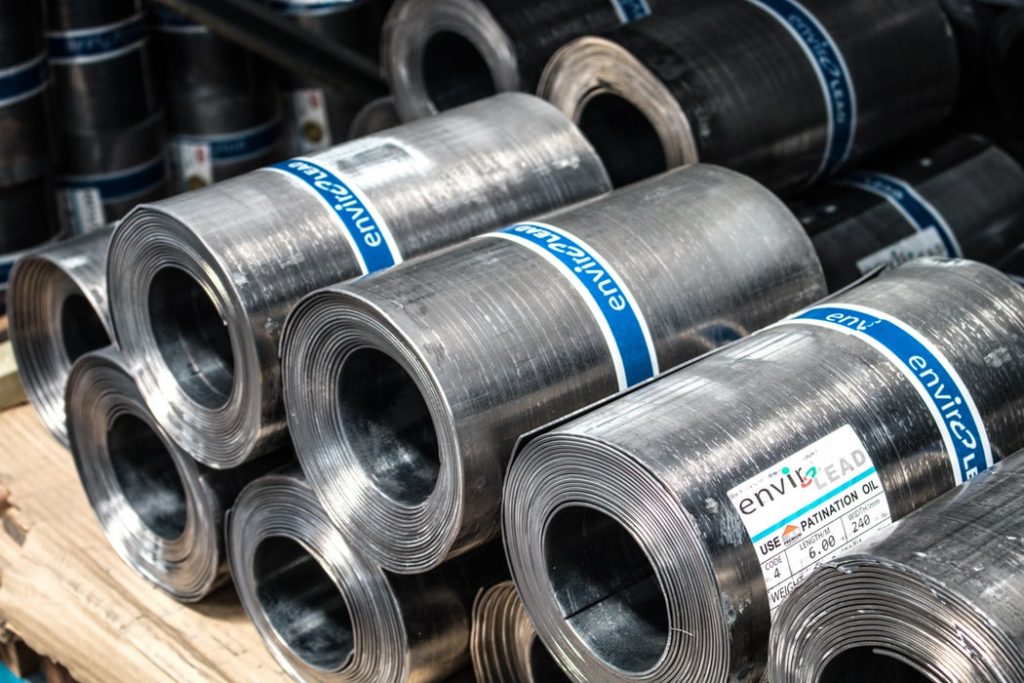Indian steel industry could have come under threat from cheap Chinese imports that could have benefited from the preferential tariff regime under RCEP, steel minister Dharmendra Pradhan informed the Lok Sabha on Monday in a written reply. The domestic steel industry had welcomed the Modi government’s decision not to join the regional grouping.
RCEP is a free trade agreement between China, Japan, South Korea, Australia and New Zealand the 10 members of the Association of Southeast Asian Nations (ASEAN). Though India was part of the negotiations, it did not sign the agreement saying the concerns raised by its negotiating team were not addressed by the other countries. The RCEP negotiations began in the ASEAN’s Cambodia summit in November 2012.
ALSO READ: India growth story: Here’s why recession fears are misplaced
The steel industry had raised concerns when it seemed that India would join the agreement at the advanced stages of negotiations. The cost of producing steel in India is about $40 a tonne, very high compared with other steel producing nations due to high input costs and poor infrastructure facilities.
Indian steelmakers which face a demand slump at home has been trying to export their way out of trouble. Steel exports grew 37% in August compared with the same month last year. Imports also have surged 27% in August due to duty-free imports from Indonesia, Japan and Korea.

